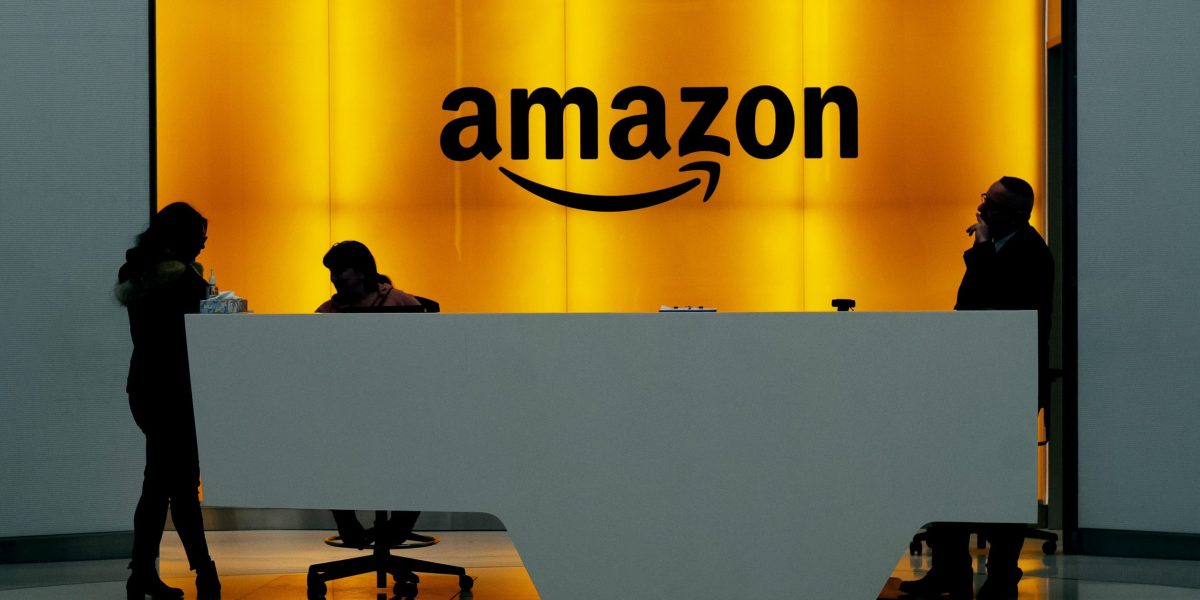The technology behemoth announced on Tuesday its forthcoming launch of Q — a corporate chatbot driven by generative artificial intelligence. Unveiled at a yearly conference held in Las Vegas for its AWS cloud computing service, this move by Amazon signifies its response to competitors who have introduced chatbots that have captivated the public’s interest.
Approximately a year ago, the emergence of ChatGPT from San Francisco-based startup OpenAI triggered a surge in both public and commercial enthusiasm for generative AI tools capable of producing emails, marketing content, essays, and other written passages that closely resemble human work.
Initially, this increased attention provided an edge to Microsoft, the primary partner and financial supporter of OpenAI, which possesses the rights to the foundational technology powering ChatGPT and has leveraged it to develop its own generative AI utilities known as Copilot. This development also motivated contenders like Google to introduce their own iterations.
These chatbots represent a novel breed of AI systems proficient in engaging in conversations, generating coherent text promptly, and even crafting unique images and videos based on insights gleaned from an extensive repository of digital literature, online content, and multimedia.
Amazon’s Q is designed to perform various tasks such as content synthesis, optimization of daily communications, and aiding employees in activities like content creation for blogs. Additionally, companies have the option to integrate Q with their proprietary data and platforms to receive a customized experience tailored to their specific business needs.
The technology is presently accessible for a preview.
Despite Amazon’s supremacy over competitors such as Microsoft and Google in the realm of cloud computing services, it is not regarded as a frontrunner in AI research responsible for the progress in generative AI.
A recent evaluation by Stanford University assessing the transparency of the top 10 foundational AI models, including Amazon’s Titan, positioned Amazon at the lowest rank. Stanford researchers highlighted that reduced transparency could pose challenges for potential users seeking assurance regarding the reliability of the technology, among other concerns.
Nevertheless, Amazon continues to forge ahead. In September, the company announced plans to invest up to $4 billion in the AI startup Anthropic, a San Francisco-headquartered firm established by former OpenAI personnel.
Furthermore, the tech giant has been introducing new features, including an enhancement for its popular assistant Alexa enabling users to engage in more natural conversations and AI-generated summaries of product reviews for consumers.






